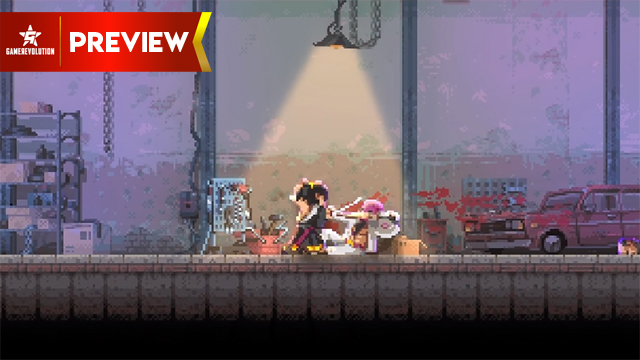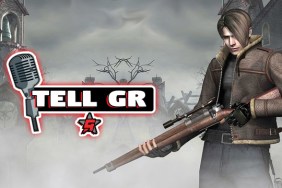The masocore genre is incredibly fitting for indie developers. It channels nostalgia while also giving players a way to test their skill in ways that 3D gaming usually does not. Hotline Miami, Super Meat Boy, and more have all found success but that success has inspired a ton of other games to follow…

Atlas is an action-rpg with rogue-like elements where you use your ability to control the ground to fight the enemies and move through procedurally generated worlds.









